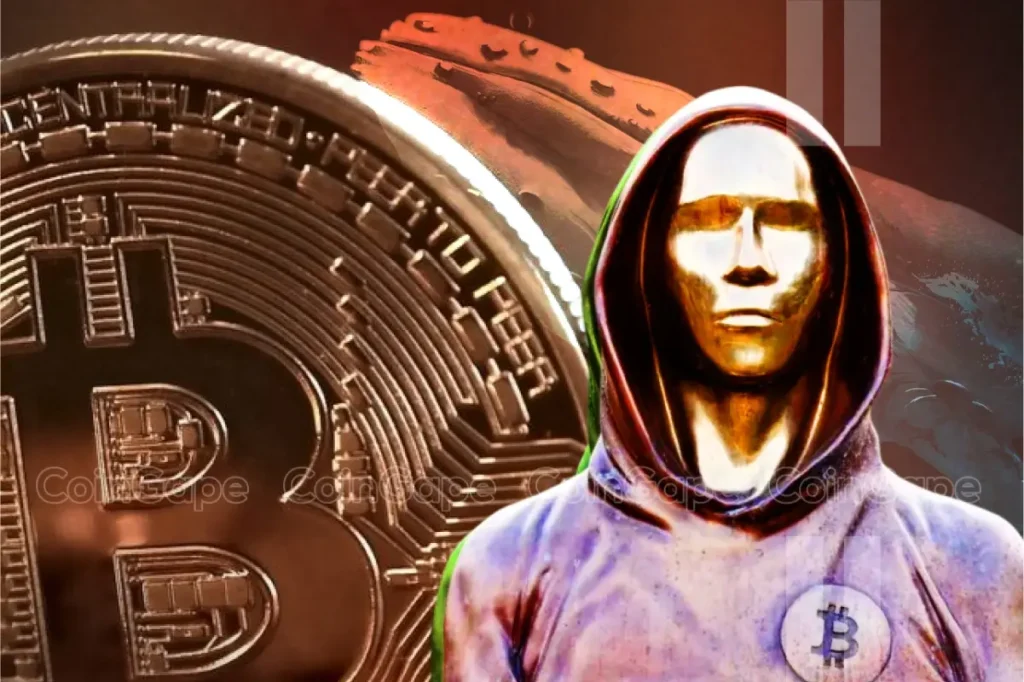Celebrating 50 Years of Satoshi Nakamoto: Bitcoin’s Role in Modern Finance
Today marks a significant milestone—the 50th birthday of Satoshi Nakamoto, the enigmatic creator of Bitcoin. Although Nakamoto’s true identity remains unknown, their vision has catalyzed a financial revolution with Bitcoin at its core. As we observe the increased institutional adoption and geopolitical support for Bitcoin in 2025, it’s evident that Nakamoto’s idea of a decentralized digital currency is gaining traction worldwide. This seismic shift in the financial landscape highlights Bitcoin’s potential as a viable alternative to traditional financial systems, particularly amid rising inflation and concerns over central bank policies.
With ongoing inflation worries and shifting geopolitical dynamics, Bitcoin is increasingly being recognized as a robust alternative to traditional currency systems. The cryptocurrency’s value has surged, leading to speculations that it might even challenge the dominance of the U.S. dollar in global markets. Bitcoin is not merely a digital asset; it signifies a transformative change in how value and currency are perceived and utilized, capturing the interest of both individual investors and significant institutions alike.
Historically, April 5 carries weight in the context of monetary policy in the United States. On this date in 1933, President Franklin D. Roosevelt enacted Executive Order 6102, mandating Americans to surrender their gold to the federal government. This pivotal moment in U.S. history underscores a shift in monetary control, which Bitcoin inherently seeks to disrupt. By eliminating a central authority and having a finite supply, Bitcoin addresses many of the challenges associated with traditional money managed by central banks. Choosing this date as Nakamoto’s birthday resonates deeply with advocates of monetary freedom, as it connects the modern notion of decentralized currency to past struggles against government control.
In recent years, Bitcoin’s popularity has escalated, often seen as a direct challenge to centralized financial systems. Beyond its original portrayal as a speculative asset, Bitcoin has matured into a recognized store of value and an effective hedge against inflation. High-profile investors, including MicroStrategy CEO Michael Saylor, have endorsed Bitcoin as a superior asset compared to traditional currencies. Saylor’s firm holds over 500,000 BTC, valuing the cryptocurrency in the billions of dollars, which demonstrates significant confidence in Bitcoin’s long-term viability and potential to revolutionize global finance.
Institutional interest is rapidly growing, further validating Bitcoin’s place in modern finance. BlackRock’s CEO, Larry Fink, has recently indicated that Bitcoin might become a competitor to the U.S. dollar, especially as the country grapples with mounting debt and inflation concerns. These endorsements from influential financial institutions underscore Bitcoin’s evolving status, moving it from the periphery of financial markets to a central role in strategic investment decisions. It’s clear that Bitcoin is no longer an outlier; it’s now recognized as a fundamental component of the financial landscape.
As Bitcoin garners more attention, notable voices in finance are sounding the alarm over traditional monetary systems. Robert Kiyosaki, author of "Rich Dad Poor Dad," warns of a potential collapse of existing systems and advocates for assets like gold, silver, and Bitcoin as safe havens against economic uncertainty. Kiyosaki argues that the Federal Reserve’s excessive money printing will lead to inevitable inflation and dilution of the dollar, positioning Bitcoin as a key asset for maintaining purchasing power in this volatile environment. With Bitcoin reaching new price highs and gaining institutional gravitas, the concept of a new digital gold standard is becoming increasingly realistic as more investors recognize its utility and potential for preserving wealth.
In conclusion, the legacy of Satoshi Nakamoto is more relevant today than ever. As we celebrate their 50th birthday, we’re not just marking a date; we’re acknowledging a profound transformation in how we perceive money and value. Bitcoin’s rise, fueled by increasing institutional support and recognition as a safeguard against inflation, solidifies its role as a revolutionary force in global finance. While it remains uncertain whether Bitcoin will ultimately replace the U.S. dollar, one thing is clear: it is an idea that has captured the world’s imagination and could fundamentally reshape financial systems for years to come.


